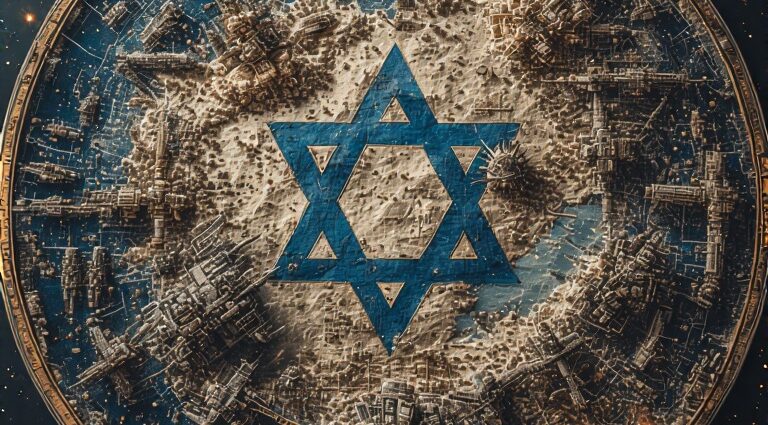Israel faces an existential threat from Iran, particularly due to its nuclear program and support for militant groups such as Hezbollah and Hamas. The Israeli government fears that a nuclear-armed Iran could pose a direct threat to the country’s security.
The hostility between Iran and Israel dates back to the Islamic Revolution of 1979, when the new Iranian regime declared Israel illegitimate and propagated its destruction. Before this period, the two countries were even close partners, with economic and military cooperation. Since then, the Iranian leadership has repeatedly called for the destruction of Israel and supported groups fighting against it.
If Israel does not attack Iran, it could expose itself to several risks:
- Iranian nuclear weapons could pose a direct threat to Israel.
- Iranian proxy groups could intensify their attacks on Israel.
- Regional power shifts: An unchecked Iran could further expand its influence in the Middle East.
- International isolation: Israel could come under pressure if it does not actively counter the threat.
The current escalation shows how tense the situation is and how quickly things could worsen.
The hostility between Iran and Israel has historical, ideological, and geopolitical roots. Before the Islamic Revolution of 1979, the two countries were even close partners with economic and military cooperation. However, after the revolution, the stance of the new Iranian regime changed drastically: Israel was considered illegitimate and portrayed as an enemy of the Islamic world.
Some key reasons for the ongoing hostility:
- Ideological reasons: The Iranian leadership views Israel as a “Zionist regime” and rejects its right to exist.
- Geopolitical interests: Iran supports groups such as Hezbollah and Hamas that fight against Israel to strengthen its influence in the region.
- Nuclear dispute: Israel sees Iran’s nuclear program as an existential threat, while Iran views it as a means of deterrence.
- Retaliation and escalation: Military strikes and counterattacks have further intensified tensions.
Thus, the enmity is not only a matter of politics but is deeply rooted in regional dynamics. The situation remains tense, and any new escalation could have far-reaching consequences.
The term “Zionist regime” is used by the Iranian leadership as a derogatory reference to Israel. It is deeply embedded in the ideological and political stance of the Iranian regime and serves to portray Israel as illegitimate.
Iran views Zionism as an imperialist movement that has “occupied” Palestine and threatens the Muslim world. This perspective is closely linked to the anti-Western and antisemitic ideology of the Iranian regime. The Iranian leadership uses the term to position Israel as the enemy of the Islamic world and to question its existence.
In official statements, Israel is often referred to as an “illegitimate entity” or “occupying power.” This rhetoric serves to mobilize its own population and allied groups such as Hezbollah and Hamas against Israel.
The hostility towards Israel is therefore not only politically motivated but is also part of an ideological state doctrine that has existed since the Islamic Revolution of 1979. Tensions between the two countries remain high, and the Iranian leadership continues to use this rhetoric to advance its regional interests.

